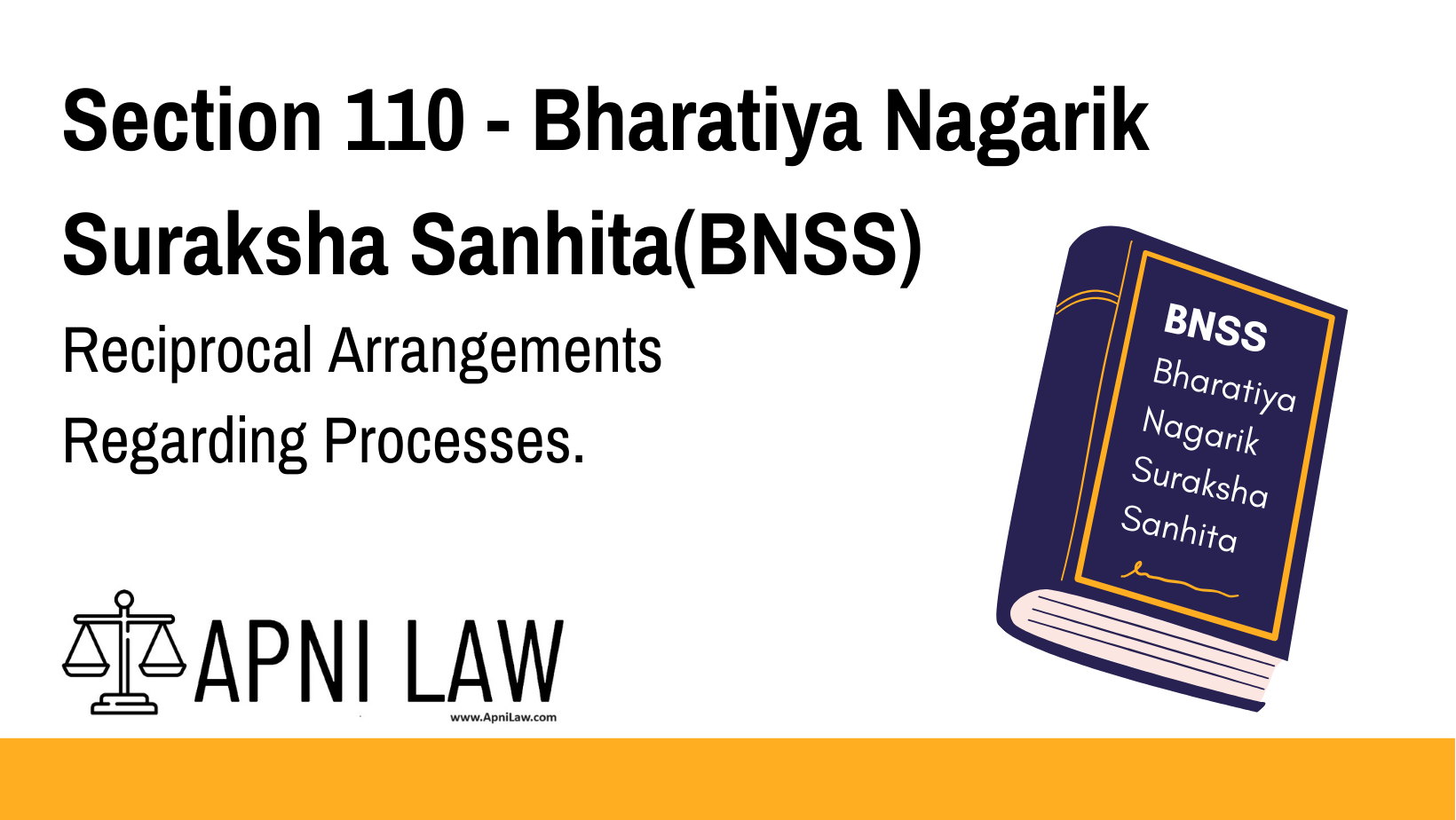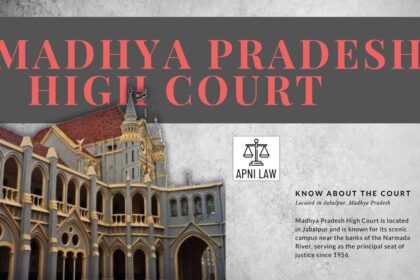Code:
(1) Where a Court in the territories to which this Sanhita extends (hereafter in this
section referred to as the said territories) desires that—
(a) a summons to an accused person; or
(b) a warrant for the arrest of an accused person; or
(c) a summons to any person requiring him to attend and produce a document
or other thing, or to produce it; or
(d) a search-warrant,
issued by it shall be served or executed at any place,—
(i) within the local jurisdiction of a Court in any State or area in India outside the
said territories, it may send such summons or warrant in duplicate by post or otherwise,
to the presiding officer of that Court to be served or executed; and where any summons
referred to in clause (a) or clause (c) has been so served, the provisions of section 70
shall apply in relation to such summons as if the presiding officer of the Court to
whom it is sent were a Magistrate in the said territories;
(ii) in any country or place outside India in respect of which arrangements have
been made by the Central Government with the Government of such country or place
for service or execution of summons or warrant in relation to criminal matters (hereafter
in this section referred to as the contracting State), it may send such summons or
warrant in duplicate in such form, directed to such Court, Judge or Magistrate, and
send to such authority for transmission, as the Central Government may, by
notification, specify in this behalf.
(2) Where a Court in the said territories has received for service or execution—
(a) a summons to an accused person; or
(b) a warrant for the arrest of an accused person; or
(c) a summons to any person requiring him to attend and produce a document
or other thing, or to produce it; or
(d) a search-warrant,
issued by—
(I) a Court in any State or area in India outside the said territories;
(II) a Court, Judge or Magistrate in a contracting State,
it shall cause the same to be served or executed as if it were a summons or warrant received
by it from another Court in the said territories for service or execution within its local
jurisdiction; and where—
(i) a warrant of arrest has been executed, the person arrested shall, so far as
possible, be dealt with in accordance with the procedure specified by sections 82 and 83;
(ii) a search-warrant has been executed, the things found in the search shall, so
far as possible, be dealt with in accordance with the procedure specified by
section 104:
Provided that in a case where a summons or search-warrant received from a contracting
State has been executed, the documents or things produced or things found in the search
shall be forwarded to the Court issuing the summons or search-warrant through such
authority as the Central Government may, by notification, specify in this behalf.
Explanation
Section 110 BNSS deals with the process of serving or executing summons and warrants outside the local jurisdiction of a court in the said territories. It establishes a framework for executing these judicial commands across Indian states or foreign countries that have agreements with the Central Government.
Key Provisions:
- Execution of Summons/Warrants within India: If a summons or warrant issued by a court in the said territories needs to be executed outside its local jurisdiction, it can be forwarded to the presiding officer of the relevant court in another state or area.
- Execution of Summons/Warrants Abroad: If the summons or warrant needs to be executed in a foreign country, arrangements for service are governed by international agreements with the contracting state.
- Procedure after Execution: Once the summons or warrant is executed, the executing court or authority is required to follow specific procedures outlined for arrest and search in related sections.
- Forwarding Documents or Things: Any documents or things produced as a result of the execution of the summons or search warrant from a contracting state must be forwarded to the issuing court through specified authorities.
Illustration
Example 1: Service of a Summons in Another State
A court in Delhi issues a summons for a witness in Maharashtra. The summons is sent in duplicate to the presiding officer in Maharashtra, who executes the summons by serving it on the witness. The process follows the provisions of Section 70 of the BNSS as if the presiding officer in Maharashtra were a Magistrate in Delhi.
Example 2: Execution of a Search Warrant in a Foreign Country
A court in India issues a search warrant in a criminal matter for a location in the United States. The warrant is forwarded to the relevant authority in the U.S. for execution. Upon execution, any evidence found is forwarded to the court in India in accordance with the Central Government’s arrangements.
Common Questions and Answers
1. How does Section 110 BNSS affect the service of summons outside the local jurisdiction of a court?
- Answer: Section 110 BNSS allows courts in the said territories to send summons and warrants for service or execution outside their local jurisdiction, whether in another state within India or in a foreign country, through a presiding officer or relevant authorities.
2. Can a foreign country be involved in executing warrants or summons under this provision?
- Answer: Yes, Section 110 provides for the execution of summons or warrants in foreign countries if there are agreements between the Indian government and the foreign country (contracting states) for such purposes.
3. What happens after a warrant is executed?
- Answer: Once a warrant is executed, the arrest or search is processed according to the applicable provisions in Sections 82, 83, and 104. If the documents or things are found, they are forwarded to the court that issued the warrant.
Conclusion
Section 110 BNSS ensures that judicial orders such as summons and warrants can be executed efficiently beyond local jurisdictions, both within India and in foreign countries, by relying on agreements between the Central Government and contracting states. This provision strengthens the process of cross-jurisdictional enforcement of court orders.








